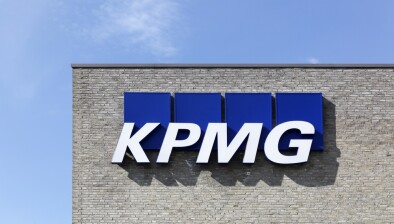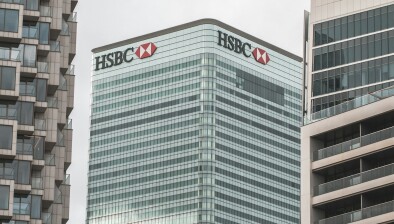KPMG: UK banks face era of declining profits

A new report from KPMG has found that the UK domestic retail and commercial banking sector is entering a period of declining profitability driven by margin compression and rising cost pressures.
The State of the Banks 2025 report reveals that UK banks are under growing pressure to adapt their business and operating models, with earnings likely to be squeezed further unless decisive transformation takes place.
Total sector-wide pre-tax profits fell by £3.7 billion in 2024, marking the first major downturn since the post-pandemic rebound. KPMG forecasts that the average return on equity could decline by more than a third from its 2023 peak of 13% to 8% by 2027, unless structural changes are implemented. This could equate to an £11bn reduction in annual pre-tax profits.
“The post-Covid profit boom is over,” said Peter Westlake, partner in KPMG UK’s banking strategy team. “Banks are facing a lower-growth, higher-cost environment that demands transformation at pace. While we can expect profitability to broadly remain sound this year, the entire sector needs to show how they are preparing for challenges ahead.”
Key findings from the report include:
- Profitability Pressures: Return on equity has begun to decline, while cost-to-income ratios have increased due to rising staff and technology costs. The sector saw a 6% year-on-year cost increase despite limited income growth.
- Fight for Deposits: High street banks have lost market share in deposits – dropping from 84% in 2019 to 80% in 2024, equivalent to £100bn in customer funds moving to specialist lenders, neobanks, and building societies, who offer more competitive savings rates.
- Segment Divergence:
- Specialist lenders posted the strongest growth in lending assets and continue to generate the strongest returns in the sector.
- Neobanks, while continuing to attract deposits, are struggling to deploy them effectively - posting loan-to-deposit ratios below 30%. The next challenge for them will be to broaden relationships with customers to help drive growth.
- Productivity Challenge: Banks are growing staff numbers faster than account growth, leading to declining profitability per employee and negative operating leverage in many cases. Rising wages further compound the issue.
- AI and Cost Transformation Now Critical: The report calls on banks to accelerate adoption of AI, automation, and digital operations to address structural inefficiencies and defend margins in a slower-growth environment.
Mr Westlake added: “The UK banking sector faces a wave of consolidation. Large players are increasingly looking to diversify and protect profitability by seeking opportunity in the high growth niches currently occupied by specialist lenders.
“The winners will be those that move beyond tactical cost-cutting and proactively address oncoming market headwinds through business model transformation.”
Peter Rothwell, head of banking at KPMG UK, concluded: “Evolving regulation, particularly the reform of ring-fencing, is set to reshape the competitive landscape.
“Raising thresholds could favour recent entrants, particularly well-capitalised US players, accelerating their push into the UK retail market and intensifying competition.
“Conversely, dismantling the current ring-fencing regime could incentivise UK incumbents to redeploy capital and liquidity into their non-ring-fenced businesses, unlocking growth potential across commercial and investment banking.
“Either scenario presents both challenges and opportunities – and will be critical in determining the pace of innovation and competitive dynamics in the years ahead.”
Looking ahead, KPMG expects lenders to focus on growth initiatives, either organically or through M&A, balance sheet optimisation, operational efficiencies and AI to enhance performance this year and beyond.







